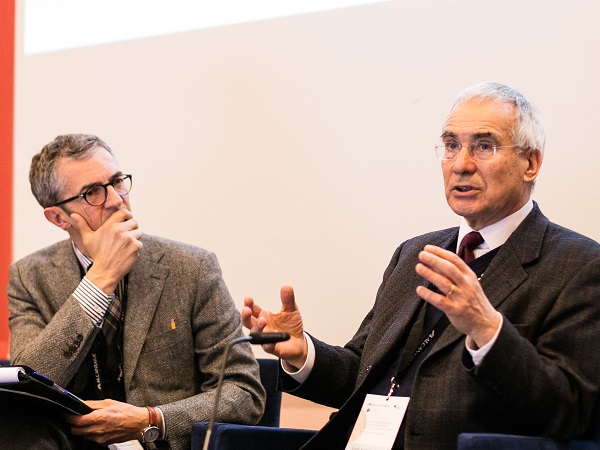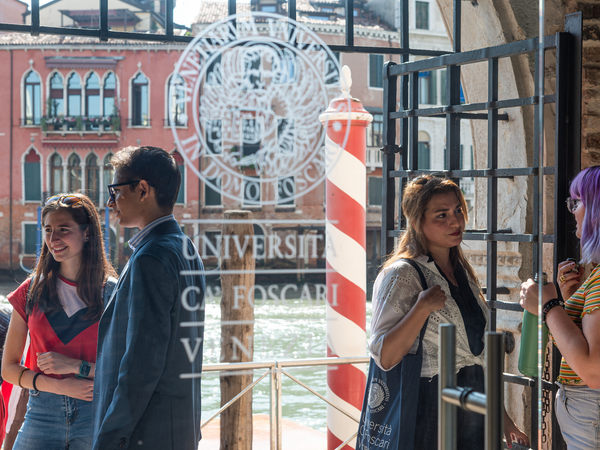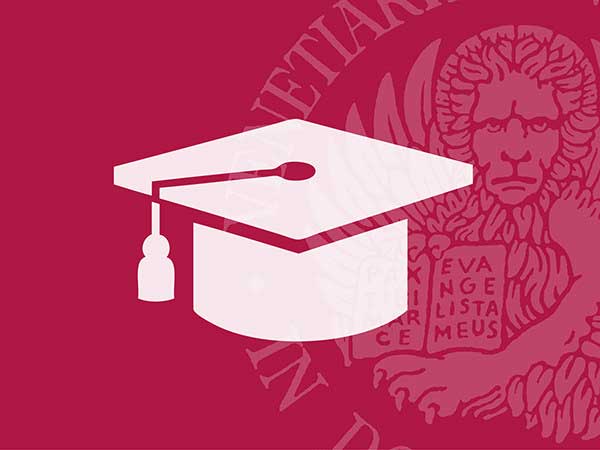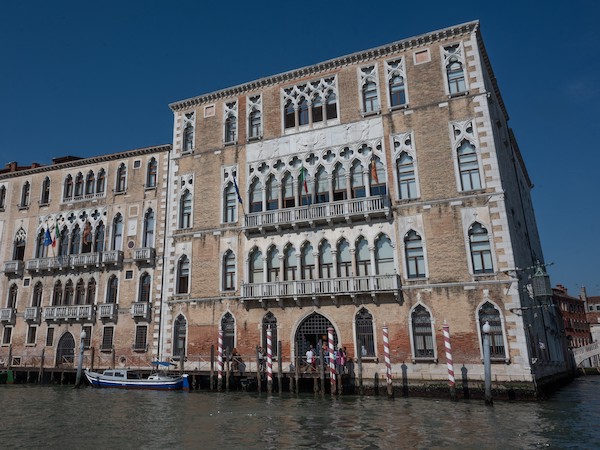Last week, on the Island of San Servolo, Venice International University and Alcantara srl hosted an international symposium on climate change: Coping with Climate Change. Global Warming and Decarbonisation. Among many exceptional guests, two of the world leading experts on climate change held a public discussion: Carlo Giupponi, professor in the Department of Economics at Ca’ Foscari, and Lord Nicholas Stern, researcher in political economics at the London School of Economics and author of the famous Stern Review.
The discussion was sparked by Professor Stern’s recent book, Why are we waiting?, which analyses the relationship between ethics, economics, public policies and climate change, which also touches on social media and multinational corporations.
“Many things that we predicted years ago are now happening more quickly than we had foreseen”, began Stern, “The risks are enormous. But, at the same time, the technological evolution is advancing more rapidly than we could have ever imagined”. Thus, the two academics agree that we can be cautiously optimistic about the immediate future, because if we expect the worst of the challenges climate change will bring, it means that we have at our disposal the means necessary to deal with them.
The discussion then shifted to technology.
How do we deal with social media, multinational contenders like Google and Amazon, and the progressive loss of power of international institutions and national governments?
“As for communication,” said Lord Stern, “we definitely need to do better. Let’s follow the Pope’s example, one of the best communicators of all time. He preaches that if we destroy creation, creation will surely destroy us”.
The academic world and the experts must therefore embrace new communication systems, to bring the issue directly into the heart and soul of the public. “Very often, ordinary people don’t know what do do to combat climate change,” concluded Stern, “They continue living as if we haven’t told them anything, because the numbers are too theoretical and don’t affect public opinion on a personal level”.
The discussion then moved to social media, and to the monopoly on communication. “Very often, the search algorithms of Google and of all the other search engines tend to polarise information,” affirmed Lord Stern, “tending to show the results of research already carried out. It's an understandable but dangerous system, because it can make information partial.” The progressive decadence of fact-checking is an acknowledged weakness of our society, and both academics agree on the harmfulness of this phenomenon.
Finally, how can we involve big multinational corporations such as Amazon, Facebook, Google, Microsoft and Apple?
“Society is aware of their power and their influence”, continued Lord Stern, “and at times there is also a clear drive to do something to combat climate change and pollution. But we lack experts. Too often, Computer Scientists have to engage themselves in matters in which unfortunately they are not experts. For this reason, the scientific community must do something to fill this empty space and take advantage of a possible collaboration with the most powerful society and the planet”.
Finally Giupponi asked a question about international politics.
Are we facing the end of multilateralism and a decreasing cooperation between nations? What role will China play in the upcoming fifteen years?
“I don't believe that multilateralism is over”, affirmed Professor Stern. “The Paris Agreements of 2015 were the results of shared sentiments by dozens of countries. This demonstrates that there is a strong desire to cooperate, because the planet’s future affects us all. But the academic community also has to contribute to this dialogue. We must remember that in the beginning of the 20th century, the end of international cooperation resulted in two World Wars and a devastating financial crisis in 1929”.
On the Chinese question, however, Lord Stern said he was confident. “The Belt and Road Initiative will be the biggest global infrastructure, superior in complexity, volume and cost to the entire road network of the Roman Empire. We are talking about billions of dollars in investments. China will connect the Euro-Asian continent from the UK to Beijing. If China showed the same interest in sustainability and climate change, it would be fantastic”.
By predicting that Beijing is becoming the strongest world economy, Stern has concluded with an affirmation spreading cautious optimism over the next fifteen years of climate change policies: “In China, these issues we’ve discussed are very serious. Therefore, we have all the means to at least partially solve climate change issues. Our goal is to stay below 3°C of overheating, which would produce a devastating imbalance in the global ecosystem. In fact, such a phenomenon hasn’t occurred for more than three million years, and we don’t know how the human race will react.”
Federico Sessolo











